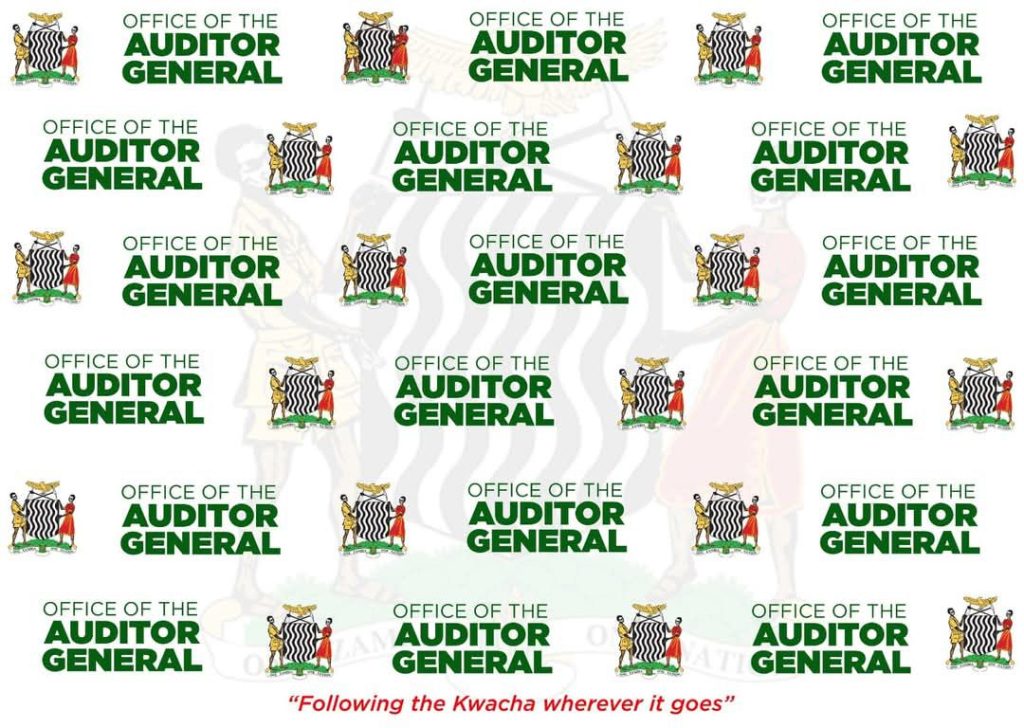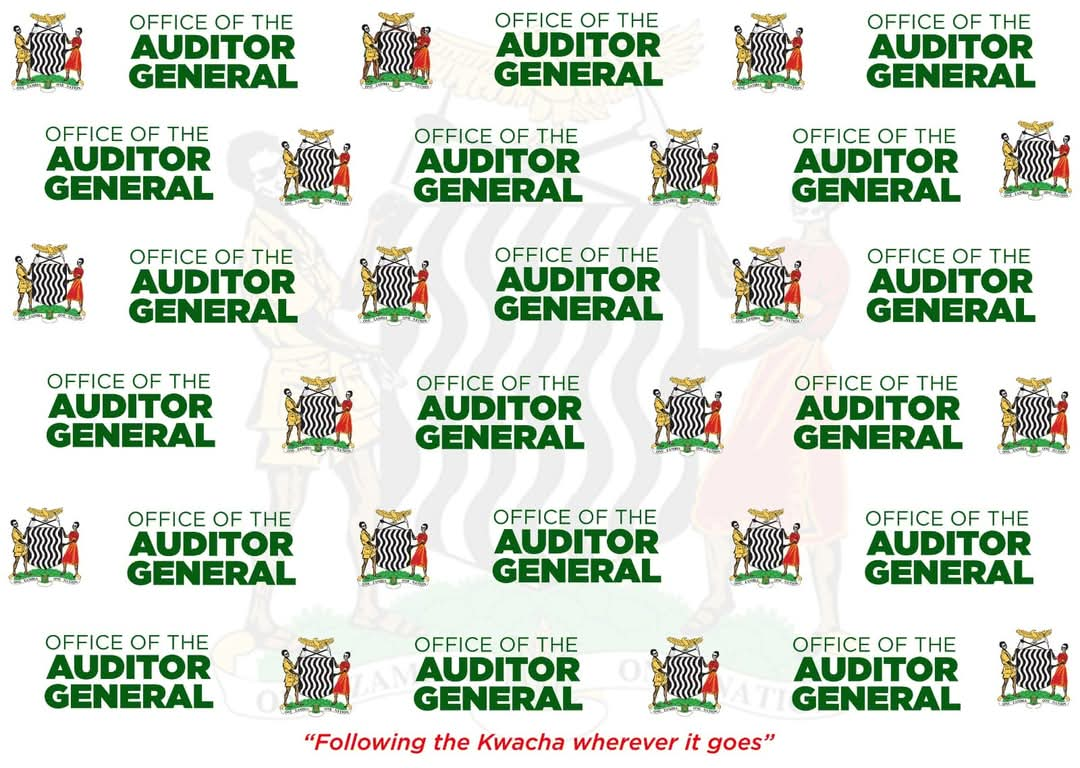
Acting Auditor General Ron Mwambwa is concerned that Local Authorities that are expected to provide service at local level have continued to exhibit poor governance in the management of public resources.
In a statement made available to ZANIS today by the Auditor General’s Office Head of Public Relations Ellen Chikale, Dr Mwambwa was reacting to the Report of the Auditor General on the Audit of Accounts of Local Authorities for the financial year ended December 31, 2023, following its release.
Dr Mwambwa has appealed to those charged with the responsibility to manage the resources, to address the issues raised seriously and called for local Authorities to provide quality service delivery and development in their respective communities.
He has since recommended timely achievement of annual targets, economic utilisation of project funds and effective Revenue and Expenditure Management among others.
The said Report highlights minimal improvements combined with internal control and operational weaknesses which are specific to some Local Authorities but covers all the 116 Local authorities across the country.
The Report also provides all the audit opinions that were issued on the accounts of each local authority for the period under review along with a comparative of the opinions that were issued on the 2022 financial statements.
Ms Chikale highlighted some of the notable audit findings and their implications.
“The report shows significant improvement in the number of local authorities that had unmodified audit opinions on their financial statements. There was a notable improvement in that 113 out of 116 local authorities were issued with unqualified audit opinions in 2023, compared to 77 in 2022,” she said.
She further stated that this means that 97 percent of the Local Authorities were issued with unmodified audit opinions, indicating that their financial statements were free from material misstatements or omissions.
She also disclosed that the report has also highlighted that 109 Local Authorities owed various institutions amounts totaling over K3 billion in respect of tax, pension, insurance contributions and supply of goods and services, some of which had been outstanding from as far back as 2013.
“The implication for this failure is that this may disadvantage employees of their benefits at the time of leaving service,” she added.
She also said some other findings raised in the Report are failure to prepare or manage valuation rolls, failure to control markets, failure to develop integrated development plans, poor management of solid waste, failure to fill vacant positions, casualisation as well as failure to secure properties with title deeds.
She noted that the implications of the findings range from the country having unplanned settlements, poor management of waste to poor service delivery, among others.





